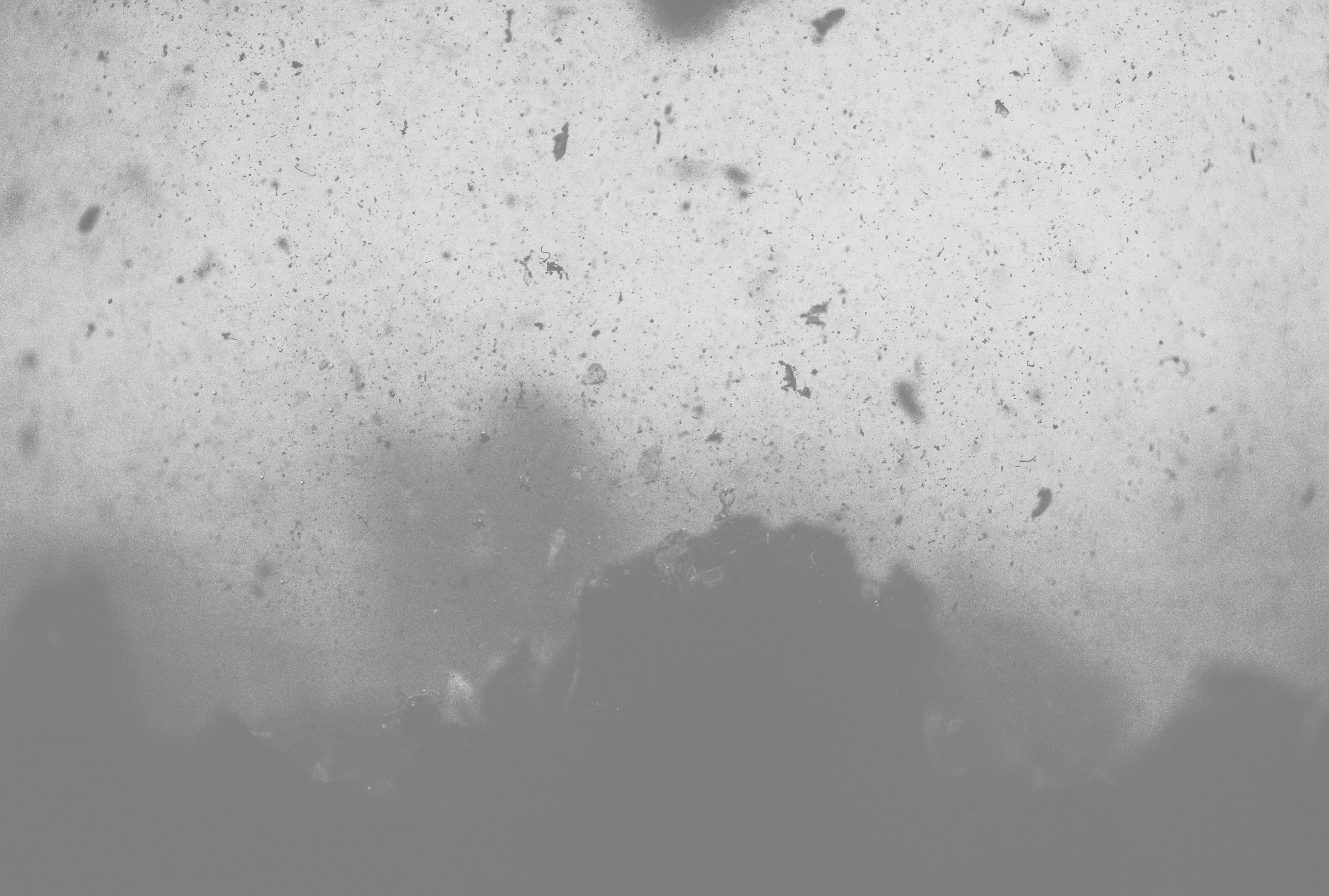
HÉLÈNE
FRICHOT
Dirty Theory /
Von der Ethik
des Kümmerns
FRIDAY, NOVEMBER 22, 2019
DIRTY
THEORY
Die „Dirty Theory“ verfolgt den Dreck materieller und konzeptueller Verhältnisse in den Zentren komplexer Lebensräume. Sie ermittelt Herangehensweisen und entwickelt bodennahe Zielspuren mit einem Augenmerk auf lokale und globale Verflechtungen. Die Dirty Theory legt sich mit verschiedensten Disziplinen an, sie ist in der Ethnografie, der Geografie, der Philosophie anzutreffen und erachtet auch Architektur, Design und die kreativen Künste als geeignete Wirkungsräume.
Können wir es uns leisten, die Stadt ohne Dreck zu denken? Dreck zu denken heißt tatsächlich die Anwendung der Dirty Theory an sich zu erforschen. Denn den Dreck, dem wir auf der Spur sind und die Art, in der wir uns mit dem Dreck in den Herzen unserer urbanen Ökologien auseinandersetzen, gehören zusammen: Dreck und Dirty Theory arbeiten Hand in Hand. Ob es um den Umgang mit Müllhalden jenseits der Stadtgrenzen und die unterbewerteten Arbeitskräfte geht, die ihren Betrieb sichern, oder um die Überholung und Wiederbelebung ganzer Stadtteile, die zur Gentrifizierung führen und das Risiko sozialer Säuberungen sowie politischer Inklusion und Exklusion in sich bergen: Dreck ist der ambivalente Stoff, der dem Status quo Widerstand leistet. Dreck ist ein unausweichlicher Bestandteil des Stadtlebens.
—
Dirty theory follows the dirt of material and conceptual relations from the midst of complex environment-worlds. It seeks out approaches and plots trajectories from close to the ground while paying attention to local and global entanglements. Dirty theory messes with mixed disciplines, showing up in ethnography, in geography, in philosophy, and discovering a suitable habitat in architecture, design and the creative arts.
Can we afford to think the city without thinking dirt? To think dirt is to explore what it means to engage a dirty theory, for the dirt we follow and the way we think with the dirt from the midst of our urban ecologies must be worked together: Dirt and dirty theory operate hand in hand. Whether responding to the waste dumps that are located beyond the city limits and the undervalued workers who attend to their upkeep, or to the clean-up and revitalization of neighbourhoods resulting in gentrification and the risks of social cleansing, or political and social inclusions and exclusions, dirt is the ambivalent material that offers resistance to the status quo. Dirt is an inevitable part of life in the city.
VIDEO
ABOUT
HÉLÈNE
FRICHOT
HÉLÈNE
FRICHOT
Hélène Frichot ist Professorin für Critical Studies in Architecture an der KTH Stockholm in Schweden. Ab 2020 wird sie Professorin für Architektur und Philosophie an der Fakultät für Architektur, Bauwesen und Planung der University of Melbourne in Australien. Ihre Forschung und Lehre durchquert den „schmutzigen“ interdiszi-plinären Bereich zwischen Architektur und Philosophie, wo sie den Schwerpunkt auf feministische Theorien und Praktiken legt und wie man neben einer kreativen Ökologie in der Praxis, auch eine Ethik der Pflege und Instandhaltung aufrechterhalten kann.
—
Hélène Frichot is Professor of Critical Studies in Architecture, at the School of Architecture, KTH Stockholm, Sweden. From 2020 she takes on the new position of Professor of Architecture and Philosophy in the Faculty of Architecture, Building and Planning, University of Melbourne, Australia. Her research and teaching traverses the „dirty“ interdisciplinary domain between architecture and philosophy where she places an emphasis on feminist theories and practices and how to maintain a creative ecology of practice alongside an ethics of care and maintenance.
QUESTIONS
Warum ist Schmutz eine
Frage der Politik?
Why is dirt a question
of politics?
Wie ist das Urbane
mit dem Schmutz
verbunden?
How is the urban
related to the dirt?
Wann wird etwas
schmutzig?
When does something
get dirty?
Woher kommt
der Sauberkeitswahn?
Where does the
imperative of cleanliness
come from?
Was hat Schmutz mit
Feminismus zu tun?
What does dirt have to
do with feminism?
Wie schafft man eine
Ethik der Pflege und
Instandhaltung?
How to achieve a
durable ethics of care
and maintenance?
Wer hat Angst
vor Schmutz?
Who’s afraid of dirt?
Wenn der Schmutz
Materie am falschen
Ort ist, wo wäre
dann sein Platz?
If dirt is matter
out of place, where
would its place be?
Führt Gentrifizierung
zu weniger Schmutz?
Does the impact
of gentrification
produce less or
more dirt?
Wen trifft Schmutz?
Die arme oder die
reiche Bevölkerung?
Who is most affected
by the dirt, the
socially privileged or
socially disadvantaged?
Zieht Schmutz
Kreativität an?
Does creativity
demand a form
of dirt?
Schmutz –
„Stilmittel“ der
Segegration?
Can dirt be
attributed to forms
of segregation?
︎
︎
︎︎︎
PANEL ARCHIVE BY TOPIC
RESOURCES
Panel 24
GIOVANNI VECCHIATO
social coding / spatial coding
2025
—
Panel 22
AIMÉE VAN WYNSBERGHE
AI + Ethics / Der unstillbare Hunger der KI
2024
—
Panel 15
SEMIR ZEKI
Is beauty really subjective and can it be quantified? / Cortex (A1)
2020
—
Panel 12
GIACOMO PIRAZZOLI
Green Up / (Crossinglab.com)
2014
—
Panel 8
MARTINA FINEDER and
THOMAS GEISLER
Design Clinic / Das Papanek Konzept
2012
—
Panel 5
MUCK PETZET
Now is tomorrow / Bauen im Bestand
2012
JAPAN
Panel 9
CHRISTINE VENDREDI-AUZANNEAU and
MARIO CARPO
Identicality
2013
—
Panel 7
TERUNOBU FUJIMORI
Der Zauber des Terunobu Fujimori / International Vernacular
2012
—
Panel 4
MASAMI SAITO and HANNES RÖSLER
The architecture of food / Gebaute Speisen
2011
—
Panel 3
MURIELLE HLADIK and WILFRIED KÜHN
Passage du temps
2011
—
Panel 1
MOMOYO KAIJIMA
Atelier Bow-Wow
2010
︎︎︎
PANEL 24 — Resources
GIOVANNI VECCHIATO
social coding / spatial coding
PANEL 23 — Carte blanche
MARKUS GABRIEL /
JOCELYN MACLURE
A Dinner Party
2.0
PANEL 22 — Resources
AIMÉE VAN WYNSBERGHE
AI + Ethics /
Der unstillbare Hunger der KI
PANEL 21 — Carte blanche
YSC – YOUNG SECURITY
CONFERENCE
Art, War and Revolution /
Ausdrucksformen der Verwüstung
und Genesung
PANEL 20 — Carte blanche
ALEX RÜHLE
Lesung: Europa – wo bist du?
Unterwegs in einem
aufgewühlten Kontinent
PANEL 19 — La Cittá
ELISABETH MERK
ANDREAS HOFER
MICHAEL BUHRS
MARKUS STENGER
Transformation der Orte / What’s your program?
PANEL 3 — Japan
MURIELLE HADIK and
WILFRIED KÜHN
Passage du temps
PANEL 2 — Political Space
SAMIR EL KORDY
and YING ZHOU
Political Space

